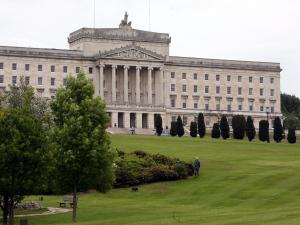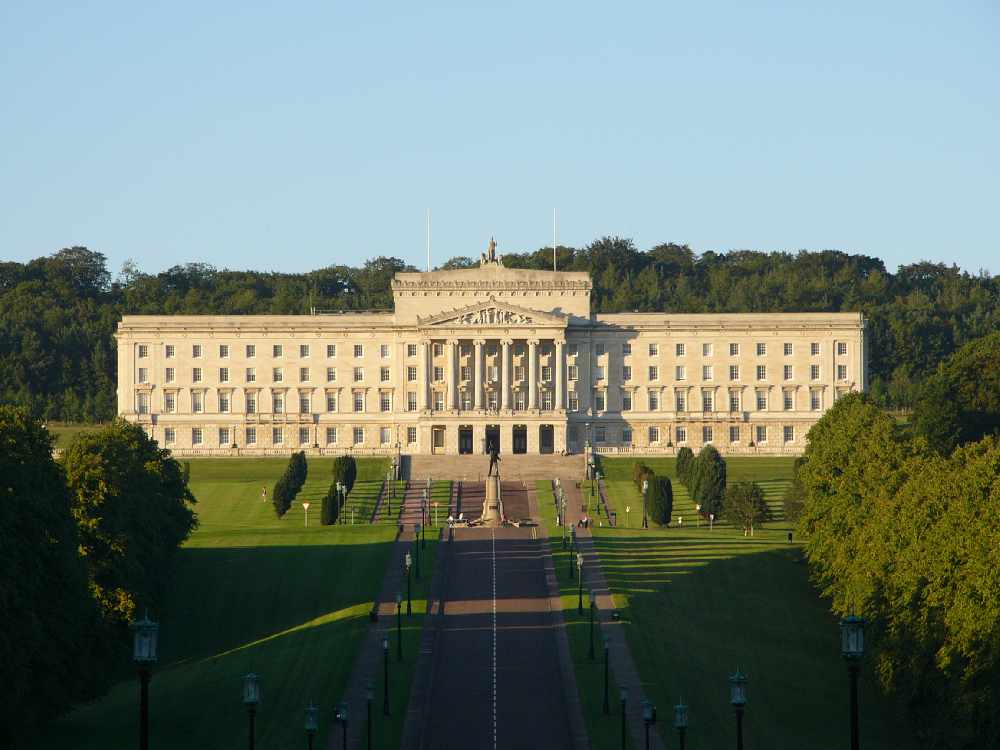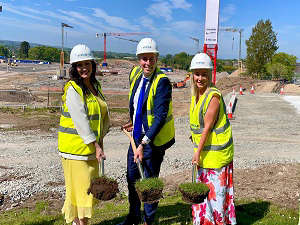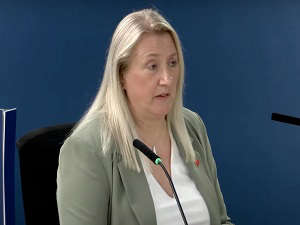
By Q Radio News
Political attitudes in Northern Ireland have hardened as a result of Brexit and the political impasse that paralysed Stormont for three years, a new study reveals.
The joint Queen's University Belfast and Ulster University report is based on a 2019 Northern Ireland Life and Times (NILT) survey and shows the proportion of nationalists identifying as “very strongly” nationalist last year was the highest since 1998.
The number of Catholics identifying as nationalist stands at 59%.
There was also a higher proportion of people identifying as unionist compared to the year before which saw an unusual shift in the proportion of Protestants identifying as 'neither'.
The 39% or respondents identified as 'neither' was the lowest for 15 years but still remains the most preferred of the three political categories listed.

The ‘Political attitudes at a time of flux’ survey shows there is strong support for the Good Friday Agreement with the majority here supportive of the devolved structures - however some would like to see changes to how Northern Ireland is governed.
The report also shows that nationalists are "strikingly more expectant and more in favour of Irish unity" as a consequence of Brexit.
This is in contrast to the majority of unionists who see Brexit as making no difference to their views regarding the prospect of Irish unification.
The ARK report was co-authored by Dr Katy Hayward and Ben Rosher from the School of Social Sciences, Education and Social Work at Queen’s University Belfast.
Dr Hayward said: “2019 was a fascinating year for politics in Northern Ireland.
"Extraordinary scenes from Westminster as the Brexit deadline was stretched further and further contrasted with the empty chamber in Stormont as we remained without a functioning devolved legislature.
“Against this background, three elections in a year saw notable success for the Alliance Party and Green Party. But analysing what this means in terms of wider political attitudes in Northern Ireland requires further evidence.
"This is what we have with the NI Life and Times (NILT) Survey, as our latest report shows.”
Ben Rosher noted: “NILT has proven a useful tool for tracking changes (and continuities) over time in the political attitudes and identities of people in Northern Ireland and this is particularly true of a year of such significant flux as 2019.
“As well as repeating some questions from year to year, in 2019 NILT included new questions to give us more information on how people are responding to this remarkable political context.”


 Rescue operation to free 40 cows after lorry overturns on motorway
Rescue operation to free 40 cows after lorry overturns on motorway
 New date set for trial of former DUP leader Jeffrey Donaldson and wife
New date set for trial of former DUP leader Jeffrey Donaldson and wife
 Shared education campus ‘symbolic’ in Northern Ireland’s reconciliation journey
Shared education campus ‘symbolic’ in Northern Ireland’s reconciliation journey
 Man jailed for seven years after crash which killed two teenagers
Man jailed for seven years after crash which killed two teenagers
 Couple died after Covid ‘taken into house by carers’, daughter tells inquiry
Couple died after Covid ‘taken into house by carers’, daughter tells inquiry